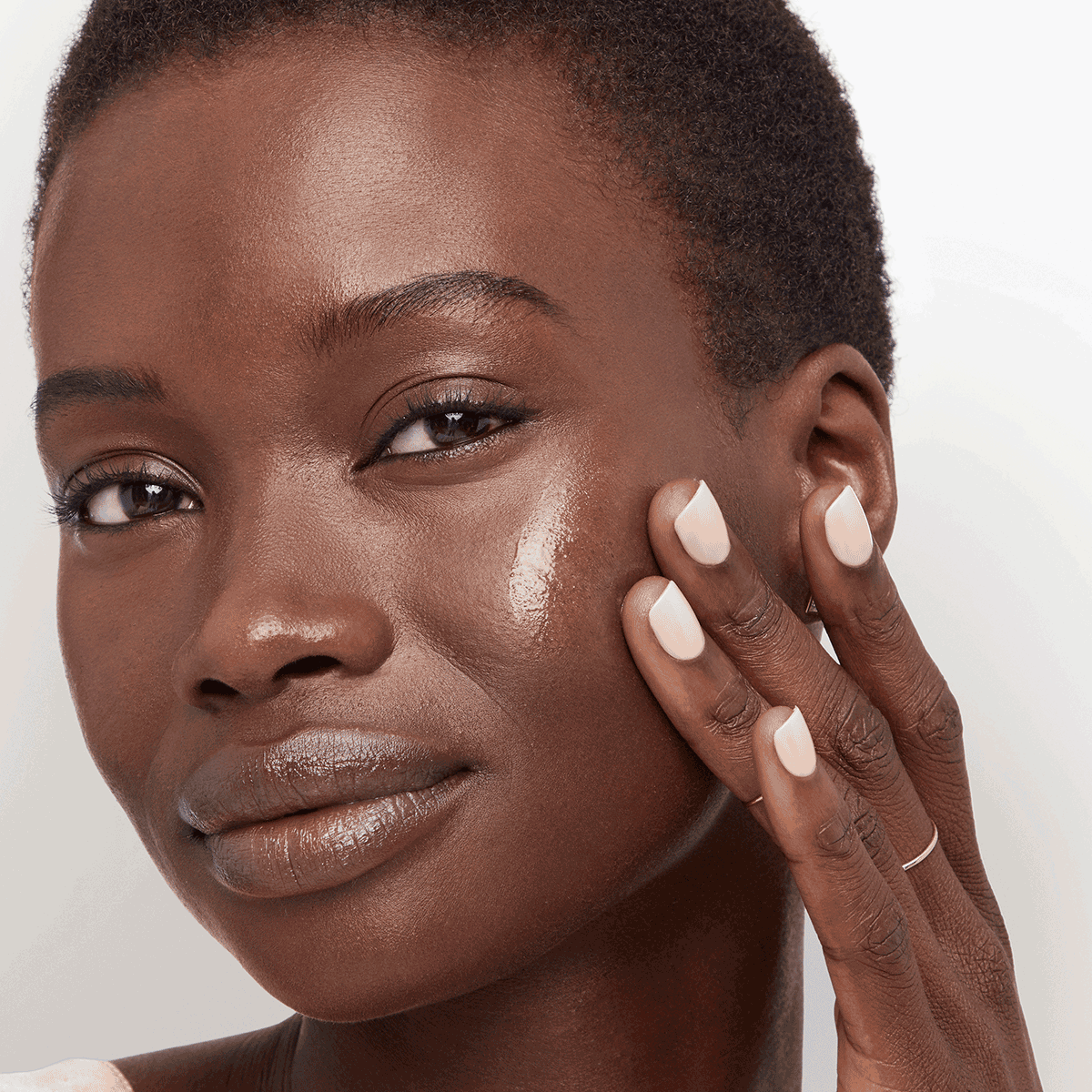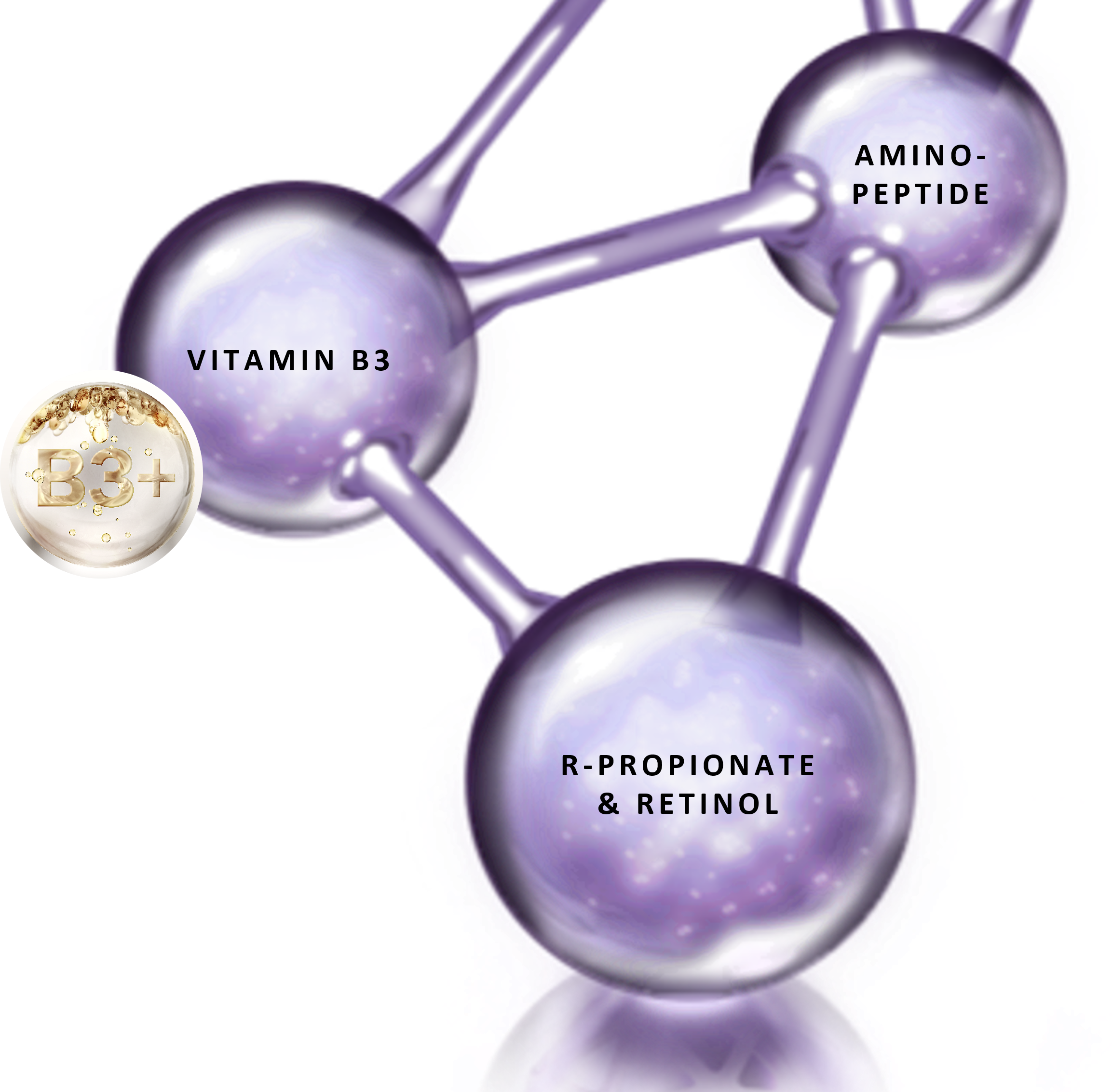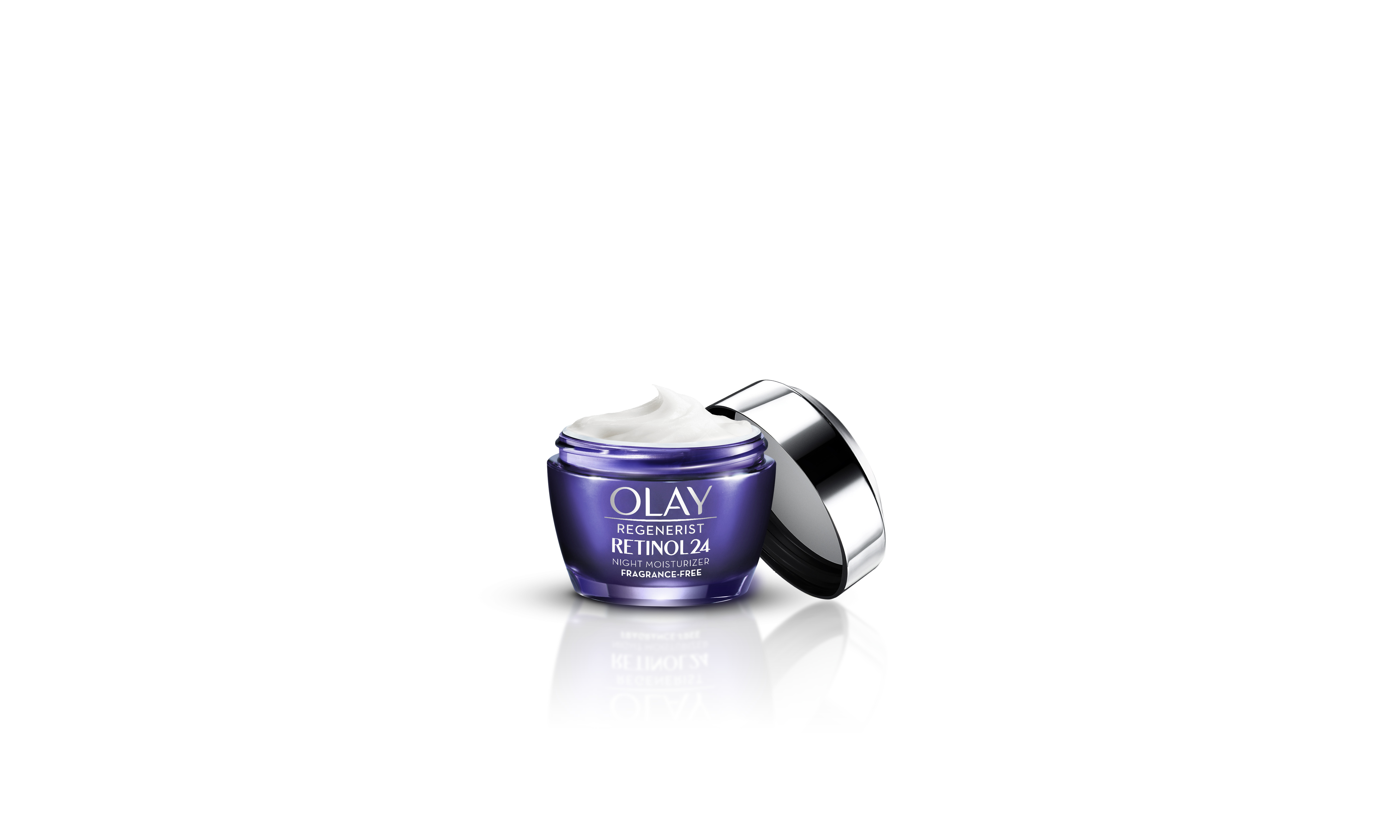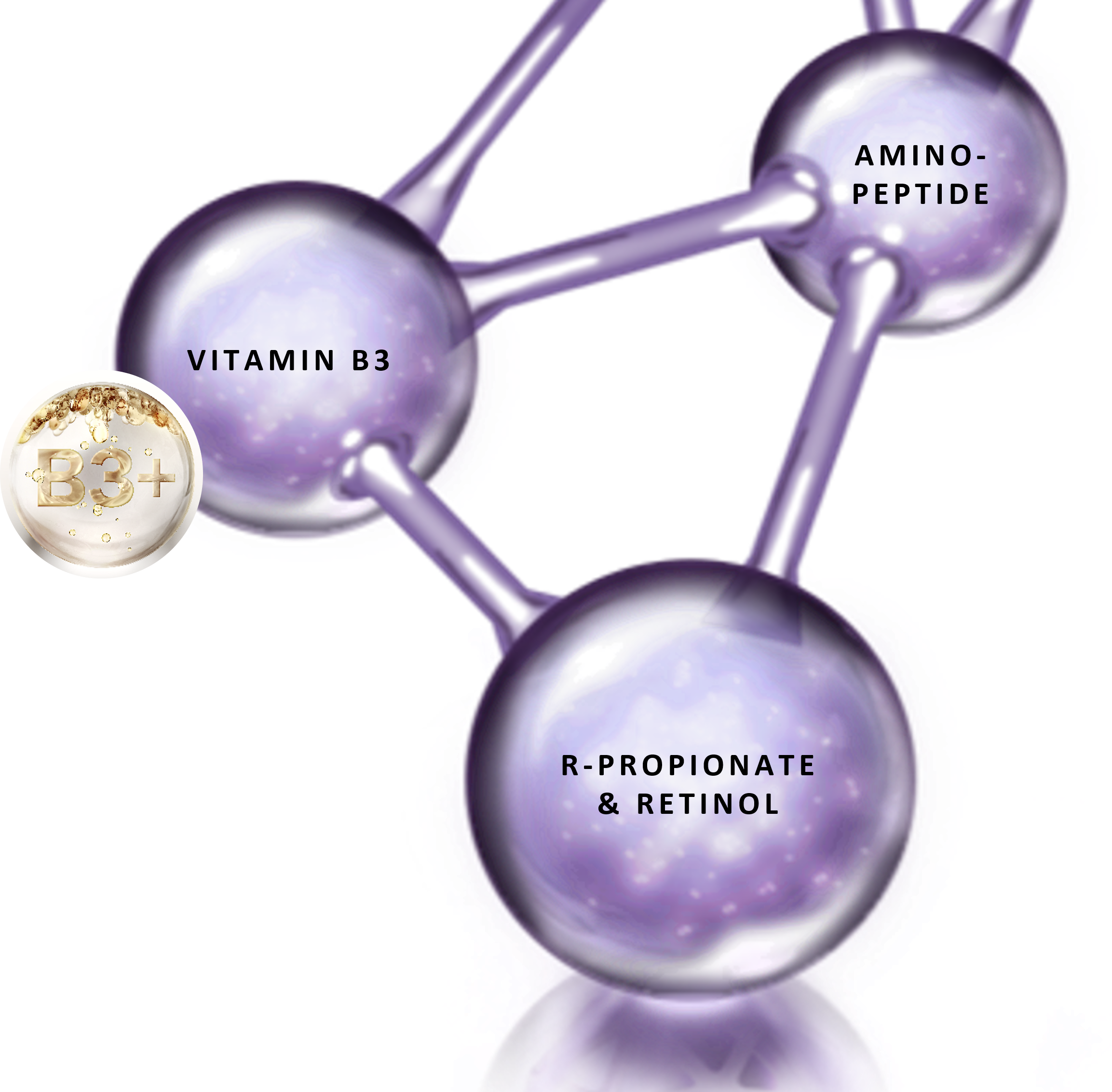
The Truth About Retinol

How much do you know about retinol? Is it a wrinkle-wrecking dream ingredient or is it the burning, itching, peeling stuff of nightmares? The truth is: It’s entirely dependent on what retinol product you put on your face – but retinol doesn’t have to irritate to work. The beauty experts at Olay are here to give you the honest truth about retinol and send you on your way to your best skin day ever.
How does retinol work?
Retinol works by encouraging your skin cells to turn over faster than they would normally, making way for new (and improved) skin. Basically, it pushes out the old and prepares for the new. Retinols can reduce the appearance of fine lines and wrinkles by stimulation the production of collagen by penetrating skin’s surface leaving your skin looking brighter, smoother and ready for a close-up.

So, what is retinol, exactly?
Retinol is a form of vitamin A – there are many other forms which are collectively named retinoids. They can brighten and smooth skin while fading signs of damage, like scars, sunspots and wrinkles. What sets retinol apart from other similar ingredients (peptides, anyone?) is its power, versatility and potency. If peptides are the chorus line, retinol is the star.
But all this power can come at a cost. Many retinol products can be irritating, causing redness, flaking, dryness and sensitive skin – the opposite of a new-skin glow. Don’t. Panic. This might mean the retinol level is too high, you’ve been given the wrong type of retinol for your skin type and concern, or the formula was not optimized for daily use.
There are different types of retinols?
Yes! They are called retinoids. While all retinoids are related to vitamin A, the differences in types can have drastic differences on your skin.
Retinoids is the umbrella term for all Vitamin A relatives, including retinoic acid, retinol and retinyl esters. Retinoic acid is the most powerful and is typically prescribed by a dermatologist. It is mostly used to treat stubborn acne or severe UV damage, not run-of-the-mill fine lines. If you were ever prescribed Retin-A as a spotty teenager, you’ve experienced the power (and pain) of retinoic acid.
Retinol also boosts skin cell turnover but is gentler than retinoic acid. If formulated correctly, it shouldn’t cause your skin to peel or itch. Many beauty creams and serums use retinol.
Retinyl propionate is an ester of retinoic acid. Being an ester helps it to be more stable and work with little or no irritation.
Should I be using retinol?
In short, probably.
If you’re looking for bright, smooth skin, it might be time to give retinol a try. If you’ve used a retinol in the past and it’s given you a hard time, don’t give up on your retinol dreams; try a formula that’s better suited to you. Our research shows that more than 50% of women who try retinol give up on it after a month*, which means they’re not getting any of its amazing skin benefits.
We’ve made our Olay Regenerist Retinol24 collection with vitamin B3 plus our special Retinoid Complex, which combines retinol and retinyl propionate. Plus, we’ve pared it down to only the necessary ingredients – no fragrance, dyes or sulfates, which is why 96% of users have zero irritation with our formula.**

The best time to start using retinol is before you see signs that you need it, as damage is easier to prevent than fix. If you’re interested in a gentle retinol that will give you serious results, check out our Retinol24 collection.
*Olay survey among 1,438 women ages 25-65, U.S. 2018
**Four-week usage study with 353 women ages 25-65, U.S. 2018
00075609198182|00075609198168|00075609198175|00075609198182


